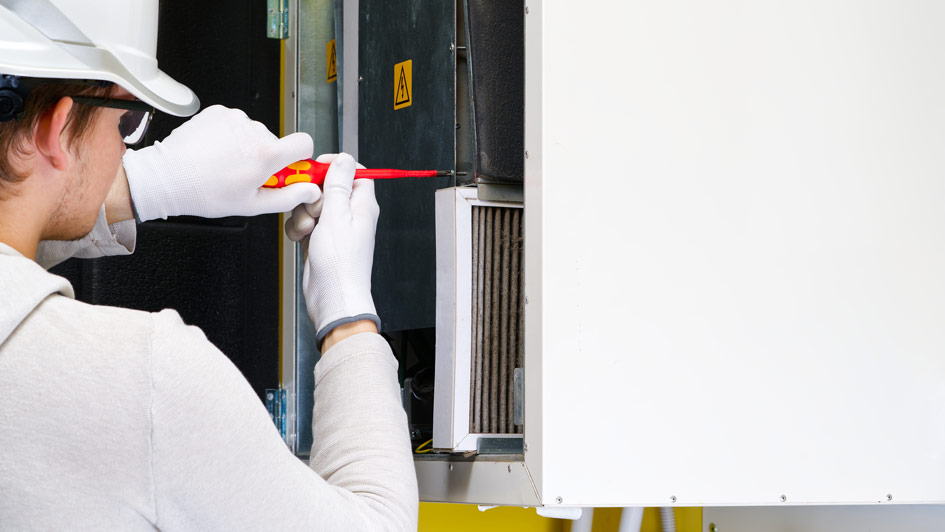
Your air conditioning system is a crucial component of home comfort, tirelessly working to keep indoor temperatures at bay. However, there comes a time when even the most reliable systems show signs of aging. In this blog post, we unravel the practical indicators that signal it might be the right moment to consider an AC system upgrade. By recognizing these signs, homeowners can make informed decisions to ensure continued comfort, efficiency, and reliability in their living spaces.
Age of the AC System
Like any mechanical system, AC units have a lifespan. On average, an air conditioner lasts about 15 to 20 years. If your system is approaching or has surpassed this timeframe, it’s worth considering an upgrade. Newer models often come with advanced features, improved energy efficiency, and enhanced performance.
Frequent and Costly Repairs
If you find yourself scheduling repairs more frequently and the costs are piling up, it might be more economical to invest in a new AC system. A pattern of frequent breakdowns is a clear indication that your current system is struggling to operate efficiently.
Declining Energy Efficiency
Older AC systems tend to be less energy-efficient than their modern counterparts. If you notice a steady increase in energy bills despite regular maintenance, it could be a sign that your system is losing efficiency. Upgrading to a more energy-efficient model can lead to substantial long-term savings.
Inadequate Cooling Performance
Your AC system’s primary job is to keep your home cool. If you notice uneven cooling, hot spots, or a general decline in performance, it could be a sign of aging components or reduced system efficiency. Upgrading ensures consistent and reliable cooling throughout your living spaces.
Outdated Refrigerant
The phase-out of certain refrigerants, such as R-22, means that older AC systems using these refrigerants may face challenges in terms of availability and cost. Upgrading to a system that uses environmentally friendly and widely available refrigerants ensures compliance with industry standards.
Loud and Unusual Noises
Unusual sounds, such as grinding, banging, or hissing, are indicators of potential problems within the AC system. While some issues may be repairable, persistent and loud noises could signal the need for a new system. Modern units are designed for quieter operation.
Poor Indoor Air Quality
An aging AC system may struggle to filter and purify indoor air effectively. If you notice a decline in indoor air quality, including increased dust, allergens, or humidity levels, upgrading to a new system with advanced filtration technology can significantly improve your home’s air quality.
Advanced Features and Smart Technology
Modern AC systems come equipped with advanced features and smart technology that enhance user experience and energy efficiency. If your current system lacks features like programmable thermostats, zoning options, or remote control capabilities, upgrading can bring your home into the digital age.
Home Renovations or Additions
If you’ve recently made renovations or additions to your home, your existing AC system may be insufficient to handle the increased cooling demands. Upgrading to a system with higher capacity ensures optimal comfort in your expanded living spaces.
Environmental Considerations
If sustainability and environmental responsibility are priorities, upgrading to a more energy-efficient AC system can align with your values. Newer models often meet or exceed stringent environmental standards, contributing to reduced energy consumption and lower carbon emissions.
Conclusion
Recognizing the signs that signal the need for an AC system upgrade empowers homeowners to make proactive decisions about their home comfort. Whether it’s addressing age-related inefficiencies, improving indoor air quality, or embracing the benefits of advanced technology, upgrading your AC system ensures a reliable and efficient cooling experience for years to come. As you assess the condition of your current system, consider these practical indicators to determine if the time is right for a well-deserved AC upgrade.